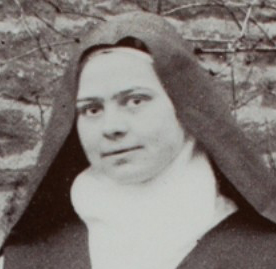Podcast: Play in new window | Download (Duration: 27:49 — 19.2MB) | Embed
Subscribe: Apple Podcasts | Spotify | Amazon Music | Android | Pandora | iHeartRadio | JioSaavn | Podchaser | Gaana | Podcast Index | Email | TuneIn | Deezer | Anghami | RSS | More

No One Knows The Day Or Hour – Building a Kingdom of Love with Msgr. John Esseff
Msgr. John Esseff reflects on the urgency of living a Christ-centered life as the liturgical year draws to a close. Drawing from the readings in Daniel and Hebrews, the inevitability of death and the hope of resurrection for those united with Christ. He contrasts the repeated sacrifices of the Old Covenant with the singular, perfect offering of Jesus, which provides eternal forgiveness and salvation. We ought to examine our lives for self-centeredness and idolatry, seeking repentance, trust in God’s providence, and reception of the sacraments.
The Gospel’s message that acts of love and service to others—feeding the hungry, welcoming strangers, and caring for the vulnerable—are essential to living out faith authentically and preparing for eternal life.
Amid global unrest and personal trials, Christ’s constant presence and victory over fear and tribulation are a source of hope. Love is important as the essence of God and the key to heaven, transcending religious and cultural divides. By living with charity and selflessness, believers can find peace and unity with God.
Discerning Hearts Reflection Questions
- Eternal Readiness: How am I preparing my soul to meet God and embrace the promise of eternal life?
- Living Sacramentally: Do I fully appreciate the power of Christ’s one perfect sacrifice through the sacraments of Reconciliation and the Eucharist?
- Acts of Love: How can I better serve Christ by loving and caring for the hungry, sick, and marginalized in my daily life?
- Rejecting Fear: In what ways can I entrust my fears and anxieties to God amid personal and global challenges?
- Authentic Faith: Am I living with self-centeredness or idolatry, and how can I redirect my heart toward God and others?
- Universal Call to Love: How can I embody God’s love in my relationships, especially with those who are different from me?
- Gratitude and Trust: How can I cultivate gratitude for God’s blessings and deepen my trust in His providence during uncertain times?
Gospel Mk 13:-24-35
Jesus said to his disciples:
“In those days after that tribulation
the sun will be darkened,
and the moon will not give its light,
and the stars will be falling from the sky,
and the powers in the heavens will be shaken.“And then they will see ‘the Son of Man coming in the clouds’
with great power and glory,
and then he will send out the angels
and gather his elect from the four winds,
from the end of the earth to the end of the sky.“Learn a lesson from the fig tree.
When its branch becomes tender and sprouts leaves,
you know that summer is near.
In the same way, when you see these things happening,
know that he is near, at the gates.
Amen, I say to you,
this generation will not pass away
until all these things have taken place.
Heaven and earth will pass away,
but my words will not pass away.“But of that day or hour, no one knows,
neither the angels in heaven, nor the Son, but only the Father.”
Msgr. John A. Esseff is a Roman Catholic priest in the Diocese of Scranton. Msgr. Esseff served as a retreat director and confessor to St. Teresa of Calcutta. He continues to offer direction and retreats for the sisters of the Missionaries of Charity around the world. Msgr. Esseff encountered St. Padre Pio, who would become a spiritual father to him. He has lived in areas around the world, serving in the Pontifical missions, a Catholic organization established by Pope St. John Paul II to bring the Good News to the world, especially to the poor. Msgr. Esseff assisted the founders of the Institute for Priestly Formation and continues to serve as a spiritual director for the Institute. He continues to serve as a retreat leader and director to bishops, priests and sisters and seminarians, and other religious leaders around the world.

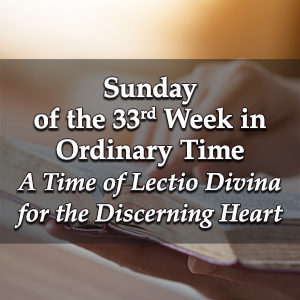 Sunday of the Thirty-Third Week in Ordinary Time – A Time of Lectio Divina for the Discerning Heart Podcast
Sunday of the Thirty-Third Week in Ordinary Time – A Time of Lectio Divina for the Discerning Heart Podcast

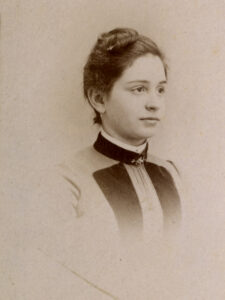



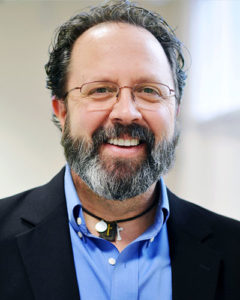



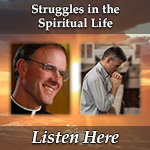
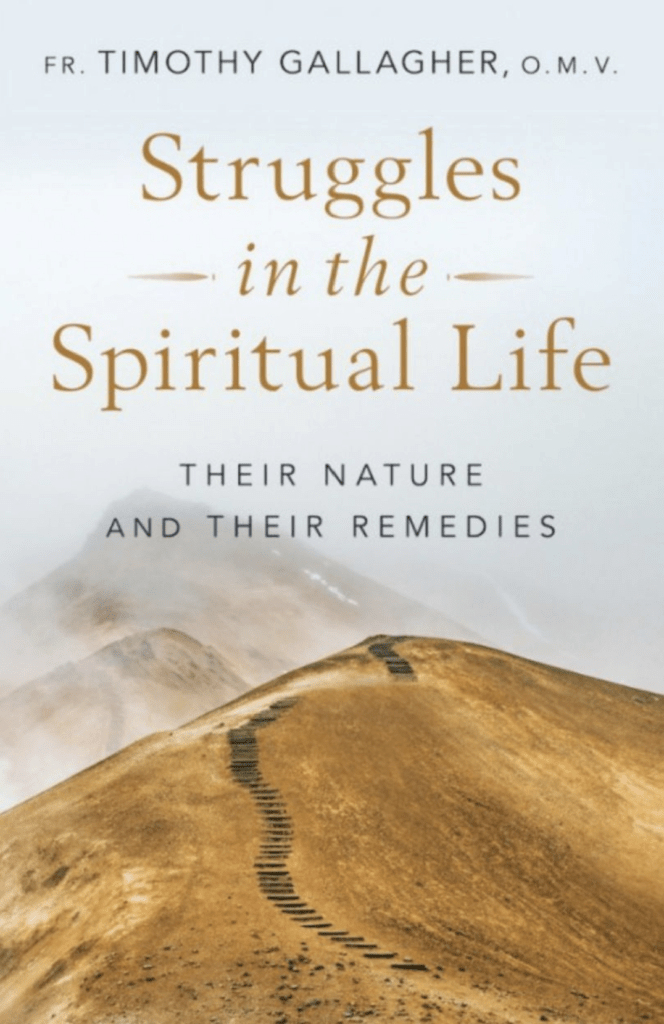
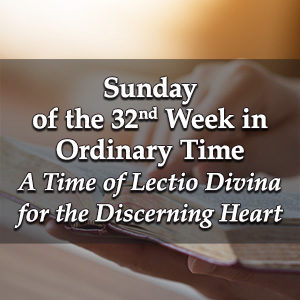 Sunday of the Thirty-Second Week in Ordinary Time – A Time of Lectio Divina for the Discerning Heart Podcast
Sunday of the Thirty-Second Week in Ordinary Time – A Time of Lectio Divina for the Discerning Heart Podcast